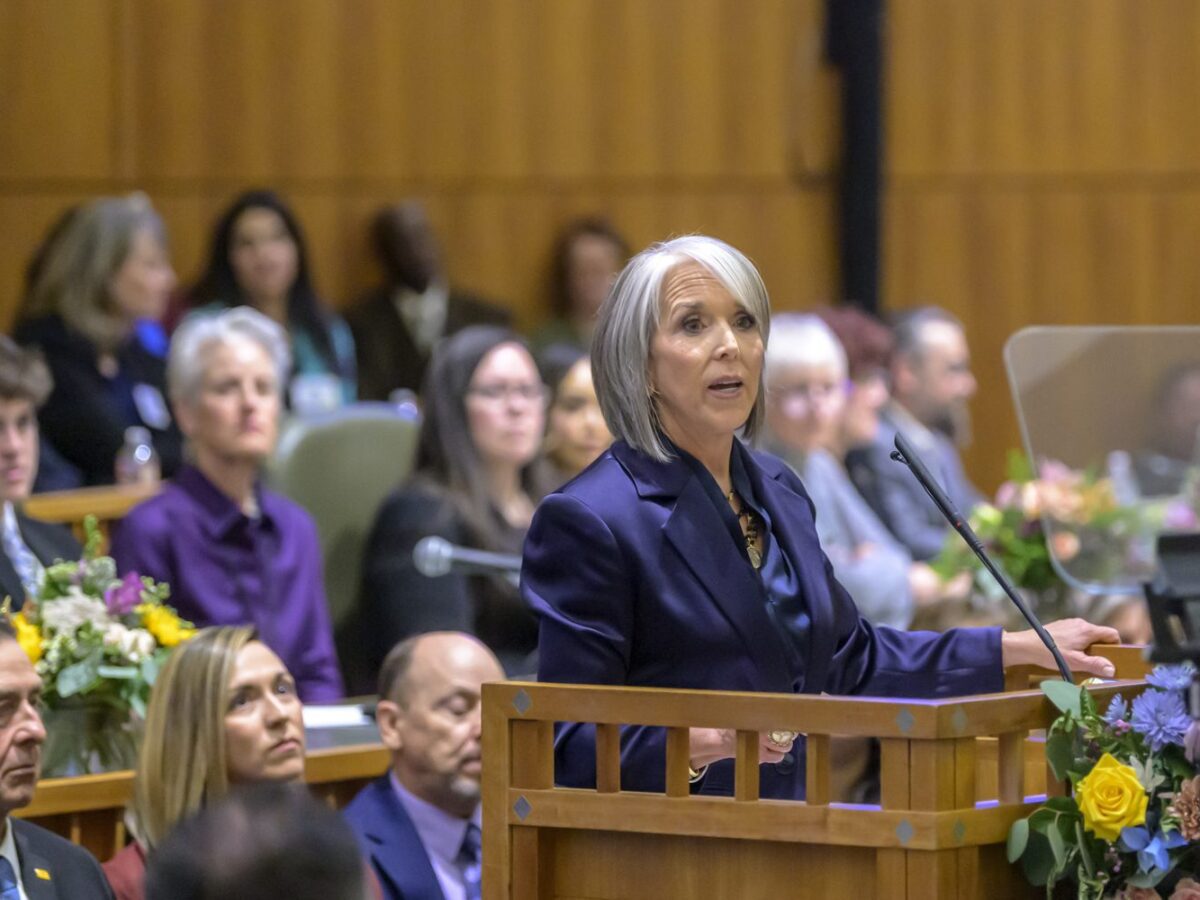Just one week after Governor Michelle Lujan Grisham unveiled plans for a new global business accelerator, the NMexus Center, a ribbon-cutting ceremony was held Monday to celebrate its official launch. Hosted by the New Mexico Economic Development Department, the event brought together local and international business leaders at the center’s location in the Mesa del […]




